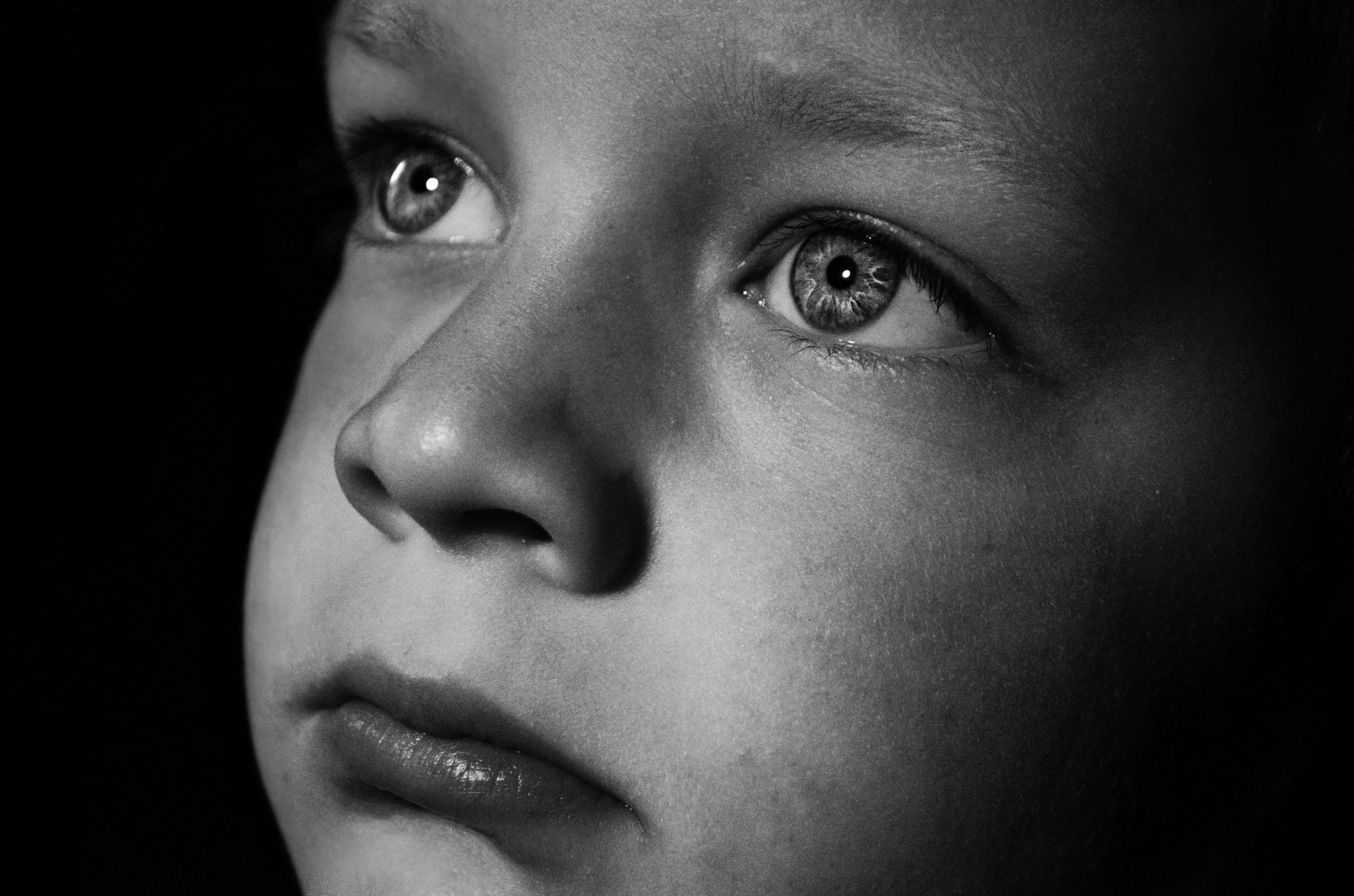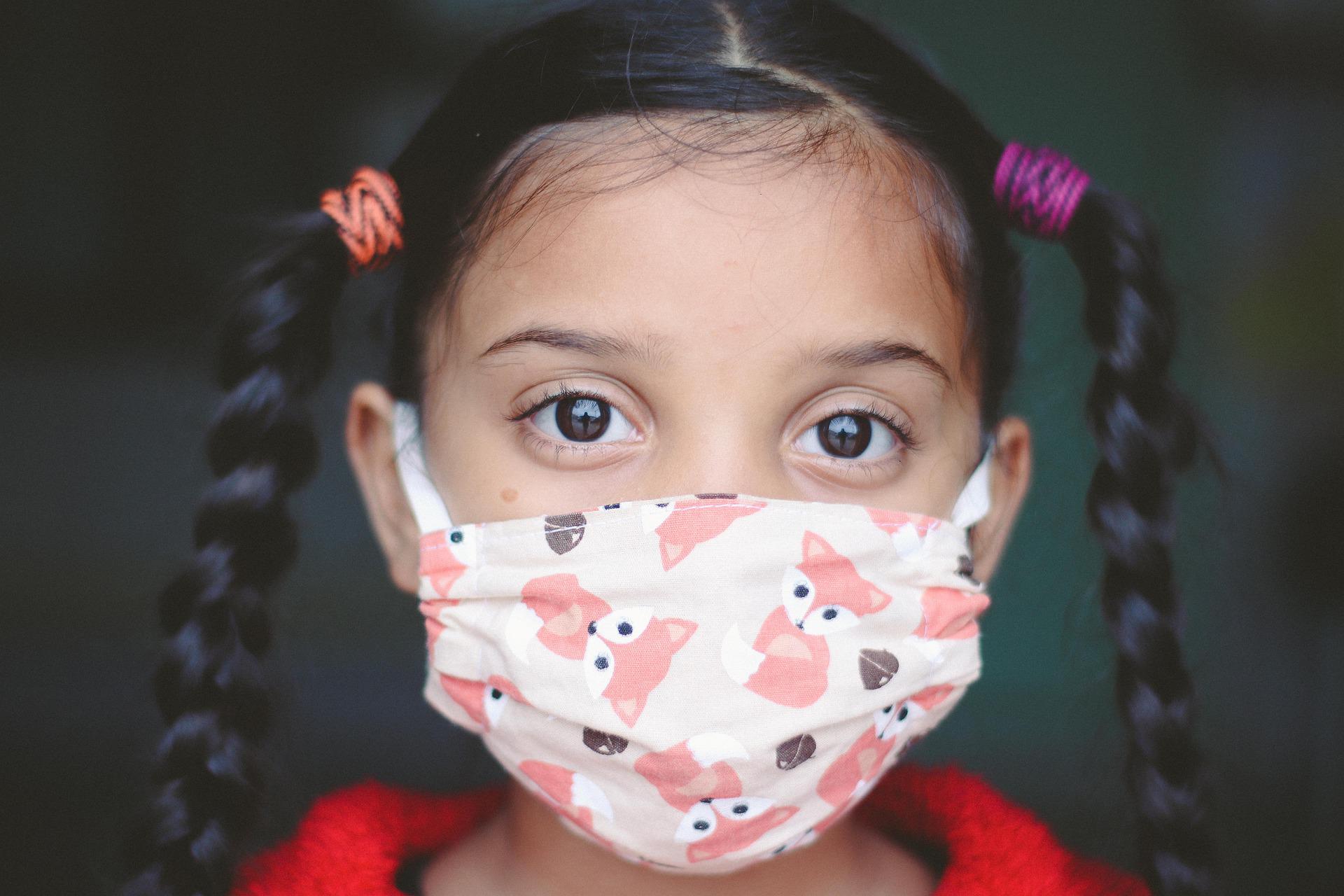
The #MeToo movement is crucial when it comes to addressing abuse against women. But the road is still rocky and full of dark spots. Especially when it comes to victims of domestic violence. On that front, we have made little progress.
This is very evident in German family courts. Like how they handle of victims of abusive partners.
Honestly, as a man, I didn’t have this on my radar until recently. Until I met Carla. Yes, I changed the name for safety reasons. Still, I want to tell her story. Even if it’s just one of many.
The Son Who Lives With His Father Despite Evidence of Domestic Violence
Carla is living alone in modest circumstances. She is waging a solitary battle for her child. Her son, Noah, lives with his father, the man who humiliated and physically abused Carla. The same man who more than once threatened to take her life. After several stays in women’s shelters, she believed she and her son was finally safe from him. But things took a different turn.
The family court decided that Noah would be better off with his father. Regardless of the many pieces of evidence against him. In spite of witness testimonies about the father’s violent behavior. Regardless of how long the father’s police record is.
Carla is deeply traumatized. She suffers from several physical ailments, exacerbated by the trauma. Sometimes, she stays in her apartment for days because of depression. She relies on government assistance to make ends meet. Every month, she fights with the welfare office. They refuse to grant her transportation costs. So she can spend time with her son under supervision.
Finding work is currently out of the question. Given her circumstances, she cannot provide a stable home for Noah.
But she also knows that Noah is not doing well. This knowledge only makes it harder for Carla to heal. She continues to relive the trauma daily. She knows that the courts took her son away from her. They placed him with the man who inflicted deep wounds on both Carla and her son. The family court disregards the fact that her son himself said, “Daddy is not my friend.”
Carla’s Son Is Merely a Pawn in This Situation
To the father, Noah is merely a pawn in the game to exert dominance over Carla. During the proceedings in the family court, Noah received significant gifts. Always shortly before his court appearances. Sometimes it was a bicycle, other times expensive toys.
Once, the father gave Noah a hidden listening device whan Carla visted. He had concealed it within a stuffed animal. Another time, when Noah still lived with Carla, he gave Noah a camera. The geotagging function was active. He asked him to send pictures of his room. Carla was living at a protected address at that time. These insidious stalking attempts play no role to the family court. Even though there is good documentation for them.
Despite the physical distance, Carla’s ex-partner continues to inflict harm through psychological torment.
Carla cannot challenge the decisions made by the family court. A competent family lawyer requires funds that Carla doesn’t have. And many family lawyers are hesitant to take on such a contentious case.
Carla has only one option: to continue therapy and try to build a new life without her beloved son. She is aware that he is in a difficult situation. Living with a father who doesn’t care for him and without the opportunity to see his mother.
As long as this battle continues, this knowledge doesn’t help overcome her depression. In fact, it makes it much harder. As an outsider, I often admire Carla’s courage to keep fighting despite all the odds.
The Non-existing Diagnosis
It’s not as if Carla didn’t try everything. She did go to the police and reported her partner when the bruises were still fresh. She wasn’t the first woman harmed by him. But the reports and the evidence didn’t matter to the family court. Nor did the documented manipulation and stalking attempts.
More than once, her partner managed to track her down. Whenever he found her in the women’s shelter, she had to change her address again. Even today, her greatest fear is that he might kill her, if he finds out where she lives.
The assessment from the family court diagnoses Carla with “Bindungsintoleranz”. That is the German word for PAS – Parental Alienation Syndrome. According to the court, her repeated accusations endanger the child’s well-being. Despite the fact that supervisors confirm that Noah and his mother are close.
This accusation is not uncommon in family courts. The hypothesis is that the mother manipulates the child with false accusations. Yet, the diagnosis of “Parental Alienation Syndrome,” or PAS doesn’t actually exist. It is neither the American DSM-V, the World Health Organization’s ICD-10, Nor the new ICD-11. The theory behind this diagnosis does not come close to meeting professional standards.
The originator of this idea was an American psychologist. His name was Richard Gardner. He formed the theory in the 1980s. Several attempts to include it in diagnostic manuals have failed. Even so, fathers’ rights groups often refer to the work of Richard Gardner. Turns out, he had a highly sympathetic view of pedophilia.
In spite of this, German family courts still use the theory. Always supported by questionable assessments. Even though it is violating human rights, this practice continues. The roles of perpetrator and victim get reversed. Like in Carla’s case.
The UN Human Rights Council criticizes this practice. It is commonplace in Germany.
The Courts Retraumatize the Victims, and, by Extension, the Children as Well
Carla’s court records state that the diagnosis of PAS is solely based on the quantity of accusations against the father. That is quite a toad to swallow.
Imagine for a moment that someone robs and brutally beats you up on the street. You end up in hospital. It would be absurd to demand that you sit down for a coffee with the perpetrator. So you should pretend as if nothing had happened.
The result, as in Carla’s case, is further traumatization. Not a single ‘expert’, judge, or child welfare worker believes in Carla. They do not even consider the possibility that Carla’s accusations might be true. The police records hold no interest for them, nor do witness statements. Not even the testimony of Carla’s stepdaughter, her child from a previous relationship. She says that Noah’s father assaulted her on multiple occasions.
The court assessment accuses Carla of having fabricated everything. Eeven though her trauma is confirmed. Through several hospital stays and years of therapy. Her reaction patterns are in no way consistent with the assumption that everything is a lie.
I will argue that family courts retraumatize victims of domestic violence. This is a blatant violation of the law. This practice goes against the Istanbul Convention, which Germany has signed and ratified.
Our family courts attribute the responsibility for domestic violence to the victims. Carla, too, was told that “She should have separated from her partner earlier”.
This is the same line of argument we use for rape victims. We tell them they dressed provocatively.
I have known Carla for several months. And there is nothing in my experience that suggests her statements are untrue. On the contrary.
Questionable Assessments
A key argument of the court is that there is no evidence to suggest that the father harmed Noah himself. The acts of violence the father commtted were only targeting Carla. But, this does not align with current research. Children can very well get trauma when they witness violence.
The family court has not considered conducting an assessment of the father’s parental abilities. Despite the his readiness for violence. Only Carla had to go through such an evaluation. The court accepted each of the partners statements without question.
In many cases, anyone can write an assessment if appointed by the judge. Regardless of whether they have the qualifications for it.
Carla’s situation is not unique. Since 2009, in Germany, custody removals from mothers following divorce have increased by 50 percent.
In Carla’s case, the assessment was initially paused. Then a new assessor appeared on the scene. He claimed to know Carla in person. Carla cannot recall that she ever met this person before. Shortly after, she lost custody of Noah.
Domestic Violence Comes in Many Shapes
The default assumption is that shared custody is in the best interest of the child. In many cases, this may be true. But when it comes to relationships involving domestic violence, different standards should apply.
In the end, the victims of domestic violence get left alone in custody disputes. The abusive partner has the upper hand.
Until the 1990s, domestic violence was still treated as a private matter. It wasn’t until 2002 that Germany introduced a law to protect victims of domestic violence. Even now, domestic violence is not a separate criminal offense.
A fundamental problem is that domestic violence takes many forms. It does not always occur suddenly.
- Psychological abuse by applying pressure, isolating the victim socially, or making threats.
- Physical abuse includes actions such as hitting, kicking, and even attempted murder.
- Sexual abuse may involve rape or coercing the victim into sexual acts.
In Carla’s case, the abuse escalated after the separation. Carla couldn’t find a place to live for herself and her child. He offered her the option to live in his house together. In exchange for paying child support. Now, the child’s father had complete control. “Do as I say, or you’ll end up on the street.”
He tried to manipulate Carla’s social circle to isolate her. Over time, friends and even her own family distanced themselves from Carla. Even today, Carla has only a few friends. And she had to cut ties with her own family. Her own mother once disclosed her location at the women’s shelter to her ex-partner. Carla no longer has contact with her.
The Children Bear the Brunt of the Suffering
Carla’s son, Noah, is clearly burdened by the situation. Carla often tells that her son asks questions that she is not allowed to answer. “Why are you so far away, Mom?” “Why can’t we see each other more often, Mom?” “Dad says you’re very sick, is that true, Mom?”
Carla is not allowed to respond to these questions. If she does, the family court will once again accuse her of manipulating the child against the father. It’s a challenging situation. Whenever Carla returns from a visit, she grieves and feels helpless.
The legal representative for the child recently issued a statement to the court. The child should continue to stay with the father. Once again, the mother’s statements got pushed aside. Again, the evidence of what her ex-partner has done to her got disregarded. Carla feels like she has tried everything to get her son back. She even offered to move into a supervised living arrangement with him. Nothing changed the outcome. Her son is still only allowed to see her once every 1-2 months with supervision.
Noah wants to spend more time with his mother. To the court that does not matter. Childrens Rights play no role.
The Lonely Fight for Victims of Domestic Violence Continues
The fight is exhausting. Carla stands alone against a system that should support victims of domestic violence. It’s a David vs. Goliath scenario. Some days, Carla feels more like Don Quijote in his famous fight against windmills. But there’s no way around it. Carla will continue to work through her traumatic experiences in therapy. She will tend to her physical ailments. And she will persistently attempt to challenge the family court’s decisions. Even without legal representation.
Soon, she plans to move closer to her son to secure more visitation rights. Even though it comes with a significant risk to her own safety.
Carla is not the only one facing this battle. Mothers like Carla cannot rely on the system, but the fight goes on.





I do not even know how I ended up here, but I thought this post was great. I do not know who you are but certainly you’re going to a famous blogger if you are not already 😉 Cheers!